Guide to Blood Cancers

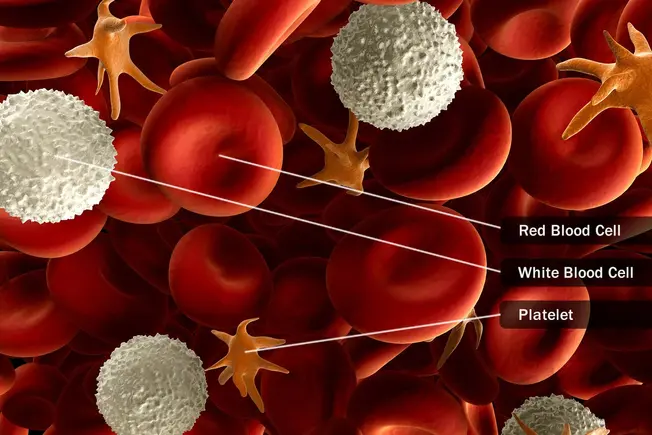
What Are They?
Your blood is a mix of fluid and different kinds of cells and proteins. Red blood cells carry oxygen, and white blood cells fight disease. Tiny cell fragments called platelets help your blood clot to patch up a cut. Some types of cancer affect the parts of your body that make these things: Leukemia, lymphomas, and myelomas are blood cancers. Almost 179,000 people in the U.S. are expected to be diagnosed with blood cancers in 2020.

Who’s More Likely to Get Them?
Doctors don’t know what causes them, but some things can raise your chances of getting one. These include having a family member who’s had one, being around certain chemicals (like benzene, found in gasoline and other fuels), or being exposed to high levels of radiation. In some cases, people who are HIV-positive or have AIDS, or have had the Epstein-Barr virus, may be more likely to get certain types of blood cancer.
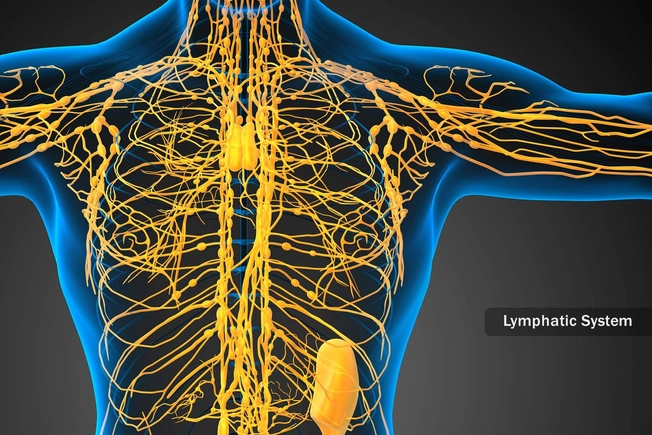
Lymphoma
Your body has a network called the lymphatic system, which helps you fight off infection. It includes organs all over your body called lymph nodes, which filter out bacteria and viruses, and white blood cells called lymphocytes. Cancers that attack the lymphatic system are known as lymphomas.They’re the most common kind of blood cancer. Because your lymphatic system runs throughout your body, lymphoma can start almost anywhere.
Types of Lymphoma
There are two kinds -- Hodgkin's and non-Hodgkin's -- and they both happen in a similar way. Your body makes lymphocytes that don’t work the way they should, and they clump together to form tumors. They can crowd out healthy white blood cells so they can’t help you fight off disease.
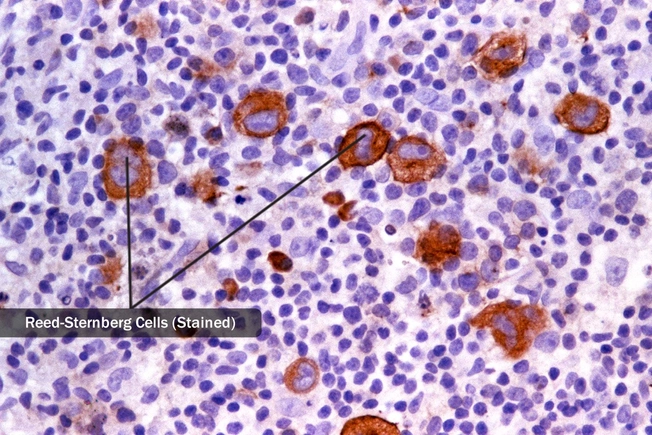
Hodgkin's Lymphoma
The difference between the two types of lymphoma is in the lymphocyte that’s involved. With Hodgkin's lymphoma, your body makes a kind called Reed-Sternberg cells. About 12% of people who have lymphoma have this type, which is named for the doctor who identified it in 1832. It’s one of the most curable forms of cancer.
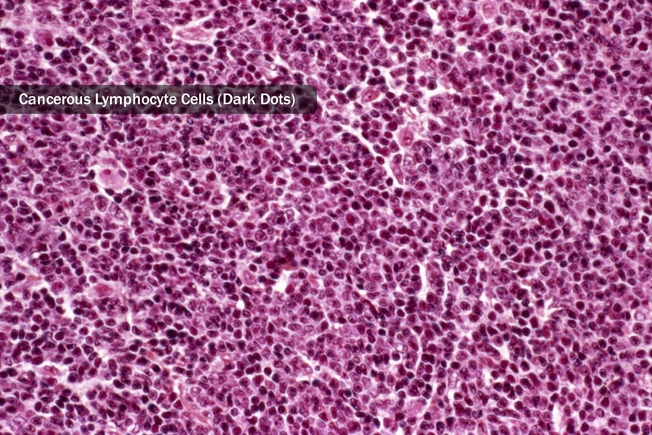
Non-Hodgkin's Lymphoma
If it doesn’t have Reed-Sternberg cells, it’s called non-Hodgkin's lymphoma. This is the most common form of lymphoma. More than 30 types of cancer fall into this category. Some kinds grow slowly, while others grow very fast and can spread to other parts of your body. These need to be treated right away and can be hard to cure.
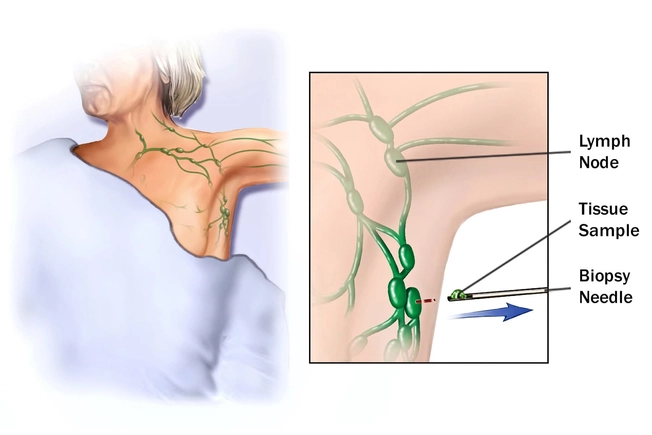
Lymphoma Symptoms and Diagnosis
The most common signs are swollen lymph nodes, fever, unexplained weight loss, and feeling tired. You also might:
•Sweat at night
•Cough
•Have pain in your chest or belly
•Not feel hungry
•Have an enlarged spleen or liver
If your doctor thinks you have lymphoma, they’ll probably want to take a small sample of one of your lymph nodes. From the sample, they’ll be able to tell if you have cancer and, if so, what kind.
Leukemia
This type of cancer affects your blood and bone marrow -- spongy tissue inside your bones where blood cells are made. Like lymphoma, it causes your body to make many white blood cells that don’t work right and keep healthy ones from fighting infection. But leukemia also keeps your bone marrow from making healthy red blood cells and platelets. It’s the most common type of cancer in children, but adults can get it, too.

Leukemia Symptoms
This type of blood cancer can make you feel like you have the flu. You might have a fever, feel weak or sweaty, and have aches in your joints. You also might have:
- Swollen lymph nodes
- Unexplained weight loss
- Bleeding or swollen gums
Other symptoms can include getting infections often, bruising easily, and anemia, which is when your body doesn’t make enough red blood cells.
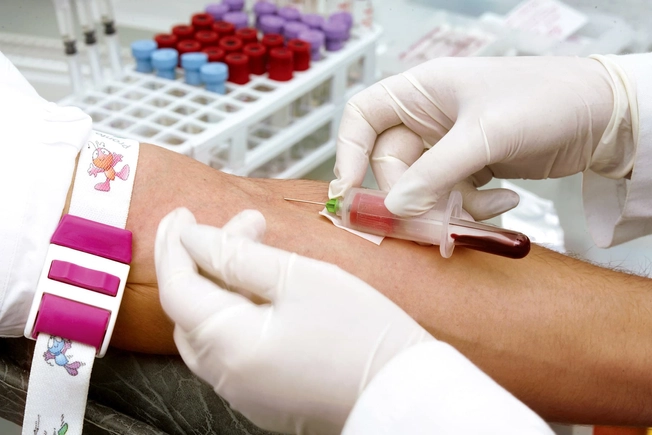
Leukemia Diagnosis
Your doctor can test your blood and see if you have more white blood cells than normal or low numbers of red blood cells or platelets. Both can be signs of leukemia. They also might want to take a sample of your bone marrow (called a biopsy) to look for cancer cells. They’ll give you medicine to numb the area and then put a needle into a large bone to take out a small amount to have tested.
Myeloma
This type of blood cancer affects white blood cells called plasma cells. They make proteins called antibodies that attack bacteria and viruses in your body. If you have myeloma, your body turns out lots of problem plasma cells that make a protein that doesn’t help fight infections. These proteins can build up in your bone marrow and damage your kidneys, or in your bones and make them weak.

Myeloma Symptoms and Diagnosis
You may not notice symptoms early, but the first sign is usually bone pain in your back or ribs. You also may feel weak, get infections often, be very thirsty, need to pee more, be constipated, or have numb hands or feet. If your doctor thinks you have myeloma, you’ll get blood tests to check for high levels of certain proteins, a bone marrow biopsy to look for cancer cells, and scans to see if your bones are thin or have breaks.
Treatment: Radiation and Chemotherapy
Blood cancer treatments usually involve chemotherapy or radiation -- or a combination of the two -- to kill the cancer cells. Chemotherapy uses powerful drugs to target the cells, while radiation uses high-energy rays to attack them. These can also damage healthy cells, cause side effects like nausea and hair loss, and make you more likely to get an infection.
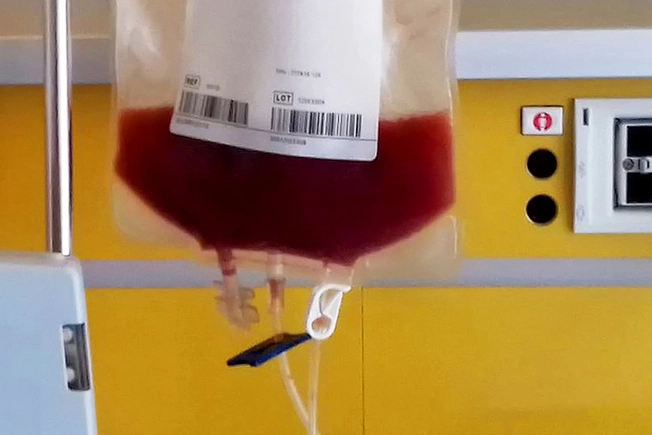
Treatment: Stem Cell Transplant
If other treatments don't work or your doctor thinks your cancer may come back, they might recommend this. Stem cells can become different types of cells, so the idea is to replace problem stem cells with ones that will become healthy blood or immune cells. You’ll have chemotherapy or radiation to kill problem cells, then you’ll get donated stem cells. It works like a blood transfusion -- the cells are put into a large blood vessel.
Treatment: Targeted Therapy
These newer drugs attack molecules that fuel cancer growth while sparing healthy cells. They can mean fewer side effects than with chemotherapy.
Targeted therapy for blood cancers include:
•Monoclonal antibodies that kill cancer cells or block their growth
•Proteasome inhibitors. These can help prevent uncontrolled cell growth.
•Vaccines that boost your immune response
•Tyrosine kinase inhibitors. These target a gene that makes a protein that helps cancer grow.
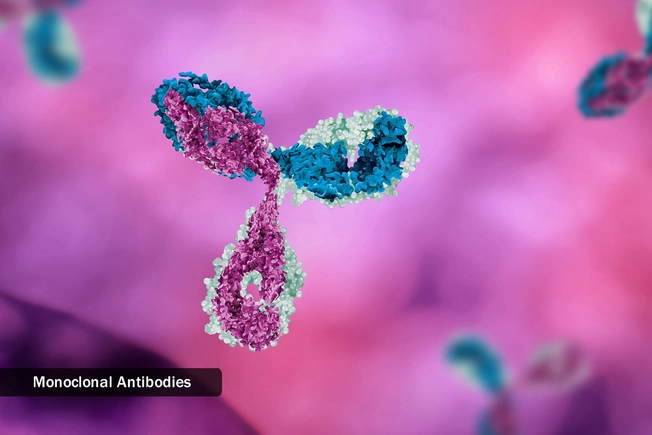
Treatment: Immunotherapy
It’s also called biological therapy. It includes treatments that use your immune system to fight cancer. Options include monoclonal antibodies, cancer vaccines, immune checkpoint inhibitors, and cytokine treatment.
Immunotherapy can work against such blood cancers as Hodgkin’s lymphoma and leukemia. Dozens more immunotherapies are under study for use against chronic lymphocytic leukemia, non-Hodgkin’s lymphoma, and acute myeloid leukemia.
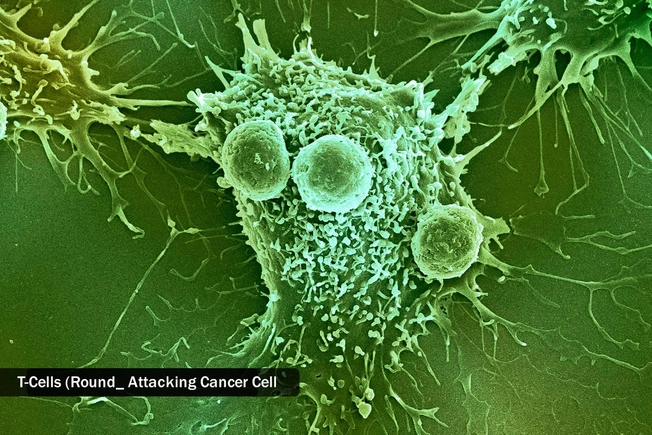
Treatment: Car T-Cell Therapy
This is one of the newest forms of immunotherapy . It takes white blood cells from your blood called T cells and adds genes to change them so they can find and kill cancer cells. Technicians grow lots of these cells in a lab, then your doctor puts them back into your body. The FDA has approved this treatment for people with some forms of leukemia and lymphoma. People enrolled in certain clinical trials can get CAR T-cell treatment.
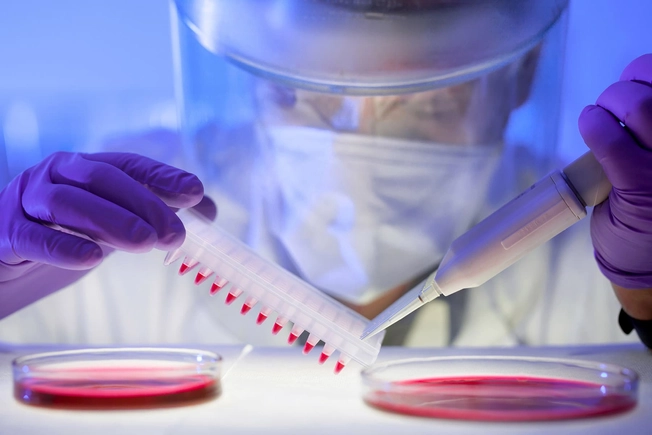
Looking Ahead
Research is underway to boost your chances of beating all kinds of blood cancer. Talk with your doctor about clinical trials that might be right for you. These trials test new drugs to see if they’re safe and if they work. They often are a way to try new medicine that isn't available to everyone.